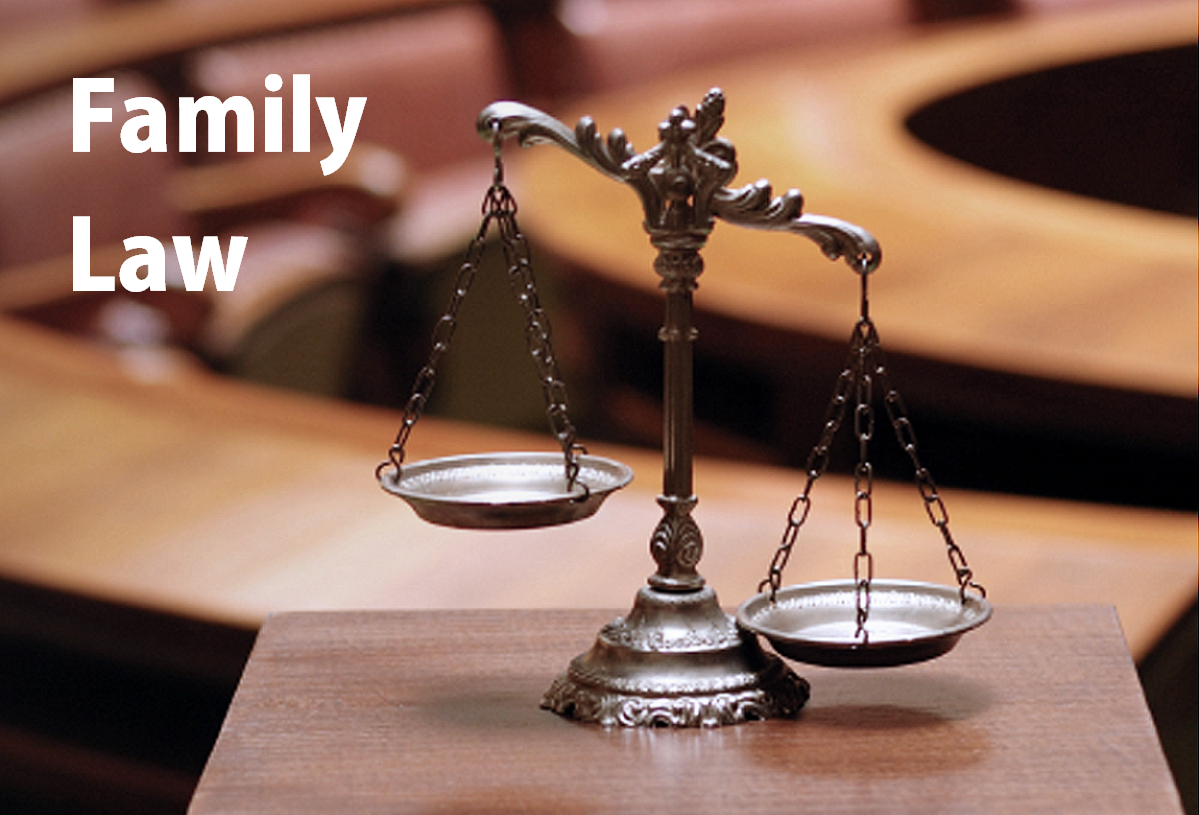What is a Civil Gideon?
Recently
there has been a push by legal communities, including here in Hennepin, Anoka,
and Wright counties in Minnesota, to investigate and implement something called
a “Civil Gideon” – or a right to counsel in civil cases where important rights
are at stake. In 2006, the American Bar
Association (link:http://www.abanet.org/legalservices/sclaid/downloads/06A112A.pdf)
passed this resolution:
RESOLVED,
That the American Bar Association urges federal, state, and territorial
governments to provide legal counsel as a matter of right at public expense to
low income persons in those categories of adversarial proceedings where basic
human needs are at stake, such as those involving shelter, sustenance, safety,
health or child custody as determined by each jurisdiction.
In
2008, the Minnesota State Bar Association has formed its own Civil Gideon Task
Force (link:
http://www.mnbar.org/committees/CivilGideon/) to investigate whether a
civil right to counsel should exist in Minnesota.
WHAT HAS THIS TO DO WITH FAMILY LAW?
When
I first heard about this movement, I immediately thought of several family law
situations in which the parties involved in proceedings which go beyond the
“ordinary” legal issues arising out of divorce, alimony, child custody, child
support – or even, in our Trusts and Estates practice – arising out of probate
and other issues involving wills, heirs, and trusts – parties who have
absolutely no resources to hire a private Divorce attorney
Minnesota —and lack the criteria to receive aid from the various legal aid
agencies.
Let
me explain. Once case in particular that
comes to mind is a case where Moore Family Law represented the grandparents in
their petition for third party child custody.
The mother, not our client, was only 19, had no job, and a history of
substance abuse problems. She was
willing to accept help from the child’s grandparents as legal custodians for
awhile—but she was scared of what might happen in the future regard child
custody. As much as she knew she
couldn’t care for her child in her current state, she still wanted to some day
care for her child: in the short run,
she already had enough problems stemming from her previous divorce.
I
think we worked out a good compromise around the family law issues, a
compromise that gives her room to rehabilitate herself and become a mother
again; but she would have benefited greatly from having her own attorney during
the child custody proceedings. Here was
a mother faced with losing her child, and she had no one to advocate for her or
to explain the consequences of her decisions.
She needed an attorney not only for family law matters but also for
legal matters arising from her substance abuse — but she could afford neither a
family law attorney nor a criminal one; and legal aid providers do not
typically take clients involved in third party child custody actions.
Compare
this with the situation in which an action has been initiated to terminate a
mother’s parental rights. This is by no
means an easy situation but there, the right to counsel is specifically
provided for in Minnesota statute: “(a)
The child, parent, guardian or custodian has the right to effective assistance
of counsel in connection with a proceeding in juvenile court.” Minn. Stat. .§ 260C.163, subd. 3. Here, at least, the mother has some right to
an attorney.
WHAT MOORE FAMILY LAW IS DOING TO HELP IN
MINNESOTA
Because
I so often see cases where a party needs family law representation and also
needs another type of Minnesota
family lawyer , and because I think it is an injustice to not provide for
those parties who face not only divorce, alimony, custody and child support
issues but also issues of mental health, substance abuse, and in some cases
criminal matters, — because we at Moore Family Law want to provide for those
most in need, I am on the Civil Gideons Task Force, serving on the unmet needs
committee.
Here
I am able to bring the expertise of Moore Family Law to focus on the tasks at
hand. Our job is to investigate what
potential clients are out there who are not being served. There is ample data on the services provided
by legal aid; but what about those cases turned away? And what about those cases where legal aid
can only provide an attorney that knows the specific area of the law in a very
general way? Is that adequate
counsel? These are questions that we
discuss at our committee and Task Force meetings so that we can lay a strong
basis for the right to legal counsel where it is needed most.
Emily
Matson,
About Author
Jennifer
graduated from the University of Minnesota cum laude with a bachelor’s degree
in speech communications. In 2006, Jennifer achieved her life’s dream; owning
her own family law practice. She practices every day as Divorce lawyers
Minnesota with the intention of representing her clients’ future.


